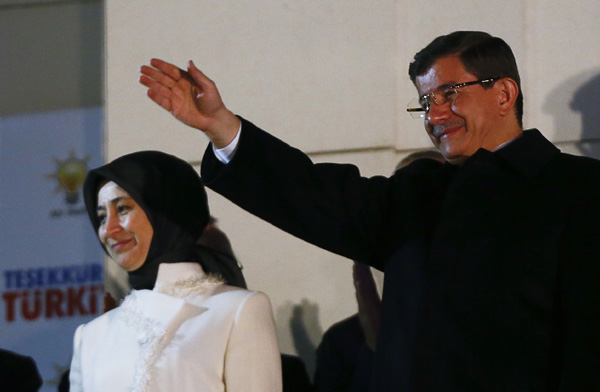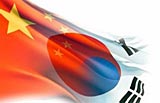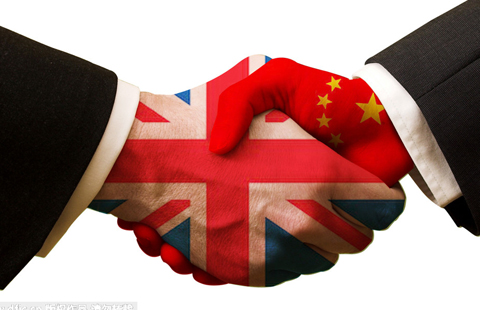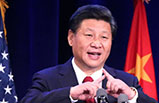Turkey returns to single-party rule in boost for Erdogan
(Agencies) Updated: 2015-11-02 10:36
|
 |
|
Turkish Prime Minister Ahmet Davutoglu waves to supporters next to his wife Sare from the balcony of the AK Party headquarters in Ankara, Turkey November 2, 2015. [Photo/Agencies] |
Investors and Western allies hoped the vote would help restore stability and confidence in an $800 billion economy, allowing Ankara to play a more effective role in stemming a flood of refugees from nearby wars via Turkey into Europe and helping in the battle against Islamic State militants.
WAITING FOR SIGNS
With 99 percent of votes counted, the AKP was on 49.4 percent, according to state-run broadcaster TRT, giving it 316 of parliament's 550 seats. The main opposition CHP was at 25.4 percent.
The lira currency firmed to its strongest in 2-1/2 months on the results. Investors had been pricing in a coalition, but the prospect of a strong stable government - even a polarising one - appeared to offer relief after months of uncertainty.
Erdogan's crackdowns on media freedoms and tightening grip on the judiciary, following a corruption investigation that was shut down as an attempt to overthrow him, have alarmed European leaders. A large number of journalists and others have faced court proceedings for "insulting the president".
Foreign capitals as well as Turkish media and other organisations will be watching closely for signs of whether a harsh climate will continue or government relaxes its grip.
Erdogan and the AKP have been fierce critics, for example, of U.S. support for Kurdish militia fighters battling Islamic State (IS) across Turkey's border in Syria.
"This (result) makes more difficult a strategy of using the Kurds against IS because AKP appeals to anti-Kurd sentiments," said Bruce Riedel, a former CIA analyst and sometime policy advisor to U.S. President Barack Obama.
The pro-Kurdish HDP, which scaled back its election campaign after its supporters were targeted in the Ankara suicide bomb attack that killed more than 100 people on Oct. 10, was on 10.7 percent, according to TRT. It won 13 percent in June.
The nationalist MHP, which was another casualty of the rise in AKP support, saw its share of the vote drop to 12 percent from 16.5 percent in June.
The election was prompted by the AKP's inability to find a junior coalition partner after the June outcome. Erdogan's critics said it represented a gamble by the combative leader to win back enough support so the party can eventually change the constitution and give him greater presidential powers.
PRESIDENTIAL REPUBLIC
Erdogan, Turkey's most powerful leader in generations, resigned as prime minister last year and became Turkey's first directly elected president - with the aim of transforming it from a largely ceremonial position to a strong executive post.
The AKP still lacks a majority big enough to change the constitution. But being the sole party in power, Erdogan will be able to reassert his influence over government from the grandeur of his newly built presidential palace.
"Turkey lost considerable ground in economy, politics and terror during this period, and gains were lost. Voters appeared to want to bring back stability once again," a second AKP official said.
Some Western allies, foreign investors and Turks had seen an AKP coalition with the CHP as the best hope of easing sharp divisions in the EU-candidate nation, hoping it might keep Erdogan's authoritarian instincts in check.
"I've given up on the AKP. The honest party is the CHP. The country needs to heal its wounds," said Yasar, a 62-year-old retired labourer now working as a shoeshine man outside a mosque in the conservative Istanbul district of Uskudar.
But across the Bosphorus in the city's Tophane district, an AKP stronghold, teenagers with drums paraded in celebration. Cars honked their horns as passengers waved AKP flags.
"In June, people wanted to send a message to the AKP, but in fact the people got the message," said Osman Aras, 35, a food merchant. "Without the AKP this country will sink into chaos. We need a strong government to guide us through these times."






